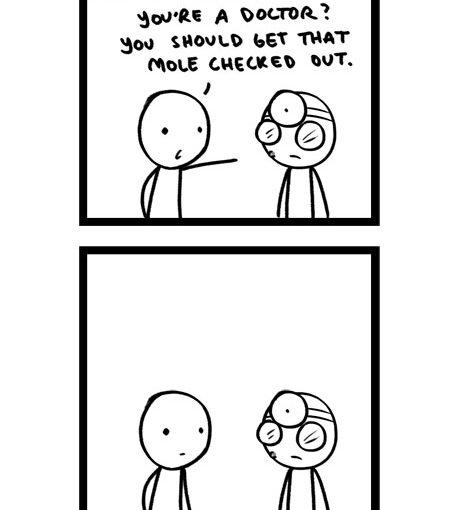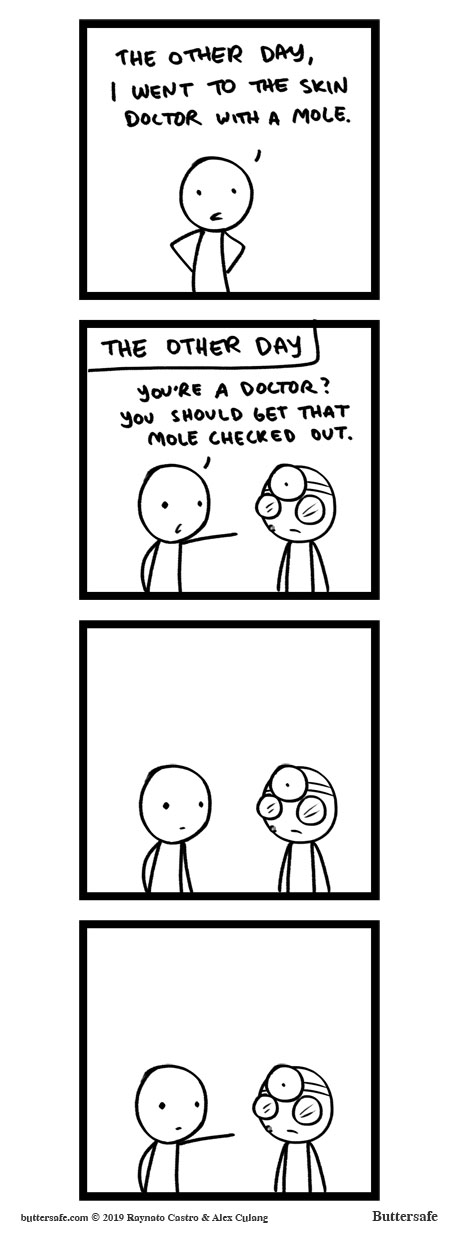A quickie today, mainly a link to an interesting article, but also a comment about English. Maybe I should say a comment about linguistic change.
Our language is changing. The plural of “medium” is media, just like “datum” and “data.” But “media” is becoming a collective singular, most often referring to TV, radio, newspapers, and maybe articles on the internet, and we are starting to feel a need to use an “s” to refer to more than one medium.
So here’s an example of someone doing that:
https://www.extremetech.com/gaming/182183-the-worst-storage-mediums-of-all-time
—and a picture to whet your appetite. Are there any that you don’t recognize?


